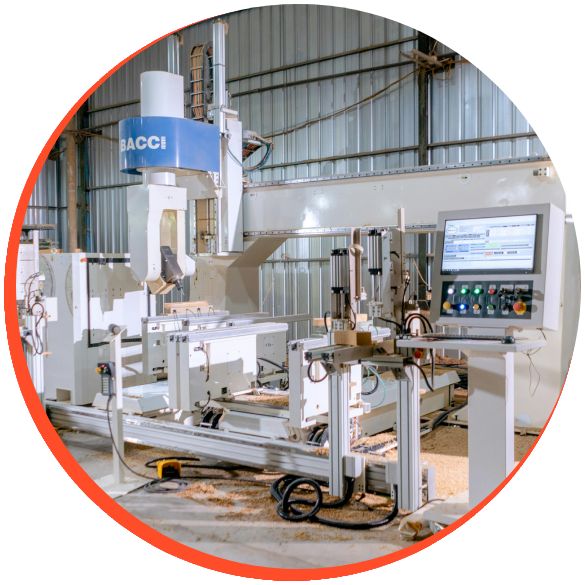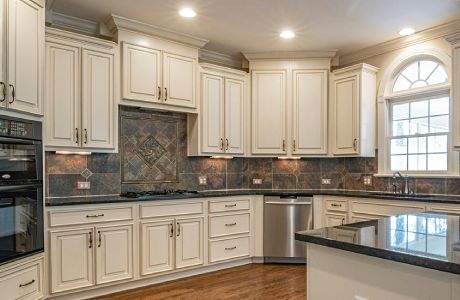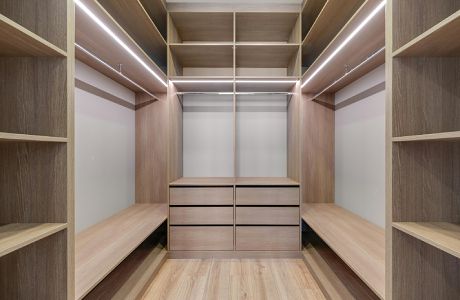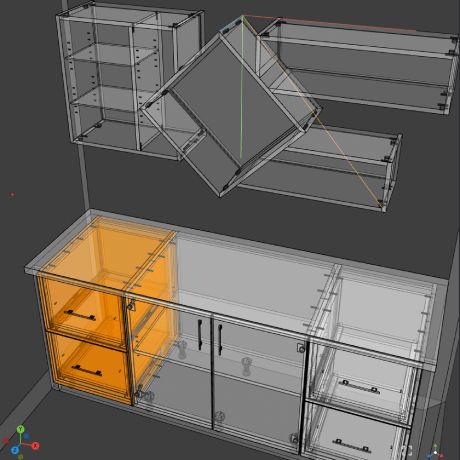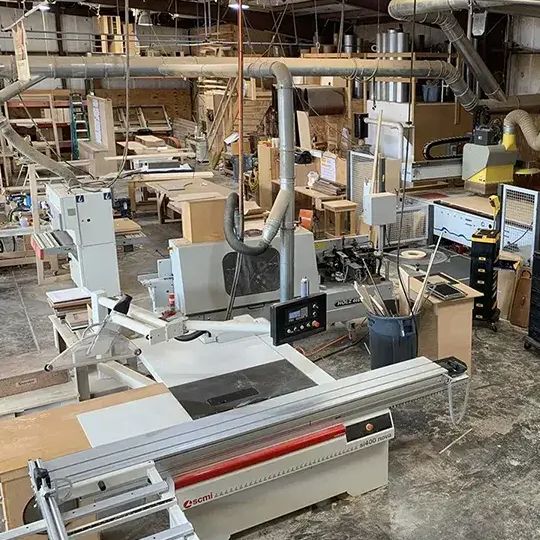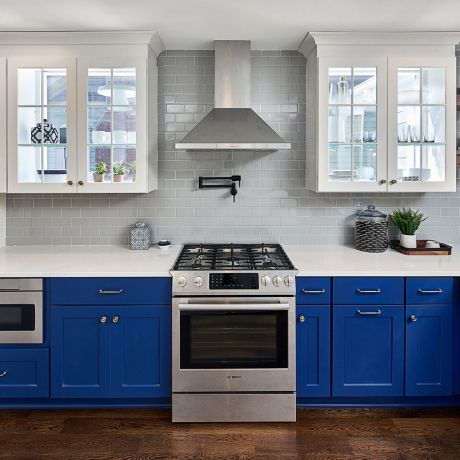Kitchens & Cabinets in Tracy, CA
Tracy: A Hub of Strategic Growth, Modern Development, and Residential Vitality
Introduction to Tracy’s Foundation
Strategically positioned at the confluence of major transportation routes in California's San Joaquin Valley, Tracy has evolved from its agricultural and railroad origins into a dynamic city. Its foundation is built on a history of commerce and logistics, supporting a rapidly growing community that values modern amenities and well-structured residential development. Tracy's ongoing expansion reflects its status as a key hub for both living and industry, attracting those seeking new homes and robust infrastructure.
The Architectural Character and Residential Boom in Tracy
Tracy's architectural identity is largely defined by its significant post-WWII and contemporary residential construction. While its historic downtown retains some early 20th-century commercial buildings, the city is renowned for its extensive master-planned communities and newer housing tracts. These developments showcase a wide array of modern California home designs, from single-family residences to townhomes, often emphasizing spacious layouts and integrated community amenities. The demand for quality construction is evident, with homeowners frequently investing in interior upgrades such as modern kitchen cabinetry, custom bathroom vanities, and functional built-ins to personalize their living spaces.
The scale of residential construction in Tracy highlights a focus on creating desirable neighborhoods with consistent design aesthetics and quality building standards. Skilled craftsmanship in framing, finishing, and millwork is essential to meet the expectations of this growing market.
A Legacy in Logistics, Distribution, and Modern Industrial Construction
Tracy's strategic location has made it a critical center for logistics and distribution. This has led to the construction of numerous large-scale industrial parks, warehouses, and distribution centers, representing significant achievements in modern industrial building. These facilities often feature advanced construction techniques, vast footprints, and sophisticated internal systems. This industrial base, alongside its agricultural roots, has shaped Tracy's economic and physical landscape, requiring substantial infrastructure development and ongoing construction projects to support its operations.
The construction of these commercial and industrial buildings often involves specialized concrete work, steel framing, and complex utility installations, showcasing a different facet of the building trades compared to residential construction but equally important to the city's fabric.
Engineered Environments for Community Life and Recreation
Tracy invests heavily in public amenities and recreational facilities, reflecting a commitment to a high quality of life for its residents. The construction of numerous city parks, sports complexes like the Tracy Sports Complex, and community centers such as the Tracy Transit Center (a multi-modal facility) demonstrates thoughtful urban planning and significant public works construction. These projects often incorporate durable building materials, landscape architecture, and functional design to serve a diverse and active population. Wooden elements in park structures, playgrounds, and community buildings add warmth and aesthetic appeal, requiring skilled carpentry and woodworking.
Dynamic Growth and Contemporary Construction Trends
As one of California's faster-growing cities, Tracy sees continuous new construction across residential, commercial, and public sectors. Builders in Tracy often adopt contemporary construction methods, focusing on efficiency, sustainability, and meeting the demands of a modern lifestyle. This includes the use of advanced framing techniques, energy-efficient windows and insulation, and smart home technology. Interior design trends in new Tracy homes frequently emphasize open-concept living, gourmet kitchens with high-quality cabinetry, and luxurious master suites, all requiring precise craftsmanship and attention to detail from builders and specialized trades like cabinet makers and millworkers.
The Grand Theatre Center for the Arts, a beautifully restored historic theatre, also stands as an example of meticulous renovation and construction, blending historic preservation with modern functionality for cultural events.
Tracy, CA Dimensions & Notable Facts
Population: Approximately 95,000+
Incorporated Area: Approximately 26 square miles
Mean Elevation: Approximately 52 feet
Notable Details:
Tracy was named after Lathrop J. Tracy, a railroad official, highlighting the Southern Pacific Railroad's crucial role in the city's founding and initial construction boom in the late 19th century.
The city is a major transportation hub, with Interstates 5, 205, and 580, as well as several railway lines, converging in or near the city, driving the construction of extensive logistics and industrial facilities.
Tracy is home to several large master-planned communities, such as Mountain House (though a separate census-designated place, it's closely associated and influences Tracy's growth), which represent significant long-term residential construction and infrastructure planning.
The historic Tracy Inn, built in 1927, is a notable example of early 20th-century hotel construction and architecture in the downtown area.
Tracy's dynamic growth, strategic importance as a logistics hub, and commitment to developing quality residential communities make it a key city in the region, characterized by ongoing construction and a focus on modern living standards. The demand for skilled craftsmanship in home building, including custom cabinetry and millwork, is a hallmark of its expanding neighborhoods.
